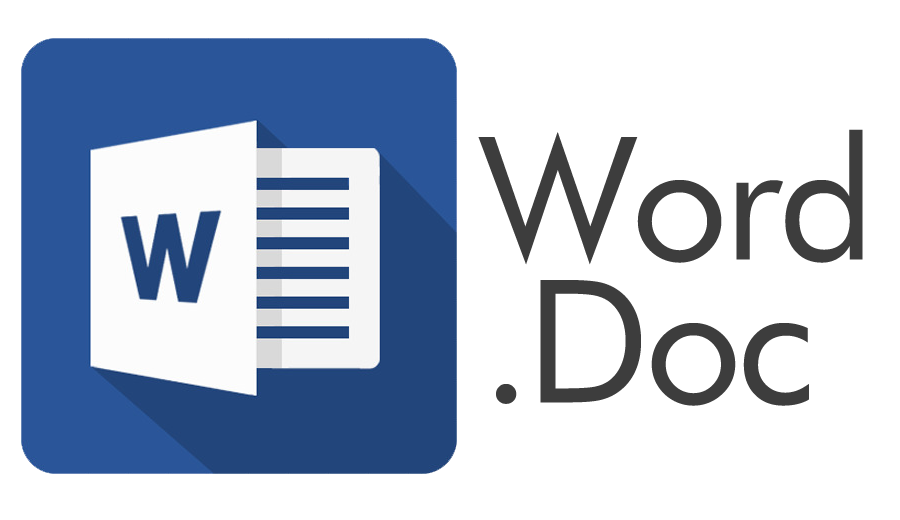Efek Dan Konstribusi Penggunaan Strategi Konflik Kognitif Berbasis Model Inkuiri Terhadap Peningkatan Kemampuan Berpikir Kritis Mahasiswa
DOI:
10.29303/jpft.v4i2.870Published:
2018-11-09Issue:
Vol. 4 No. 2 (2018): Juli-Desember 2018Keywords:
Cognitive conflict strategies, Inquiry model, critical thinking abilityArticles
Downloads
How to Cite
Downloads
Metrics
Abstract
This study aims to determine the effect of the use of cognitive conflict strategies in inquiry-based learning models and its contribution to improving critical thinking ability of physics prospective teacher. This research is an experimental study with a pretest-posttest control group design. The research samples was taken with a purposive sampling technique with criteria for physics prospective teacher were taking the fundamental physics course as many as 2 (two) classes that would be used as the experimental and control group. The research data were analyzed descriptively and statistically (inferential) using the Statistical Package for Social Science (SPSS) 23.0. The results showed that the use of cognitive conflict strategies in inquiry-based learning models had a positive impact and contributed to the improvement of critical thinking ability of physics prospective teacher. Further description of the research conducted is presented in this article.References
Ambrose, S., & Lovett, M. 2014. Prior Knowledge is More Than Content: Skills and Beliefs Also Impact Learning. Applying Science of Learning in Education, 1(2), 7-19.
Arends, R. 2012. Learning to Teach. Ninth Edition. New York: McGraw-Hill.
Chinn, C. A., & Brewer, W. F. 1998. An Empirical Text of A Taxonomy of Responses to Anomalous Data in Science. Journal of Research in Science Teaching, 35(6), 623ââ¬â654.
Dreyfus, A., Jungwirth, E., & Eliovitch, R. 1990. Applying the ââ¬Ëââ¬ËCognitive Conflictââ¬â¢Ã¢â¬â¢ Strategy for Conceptual Change: Some Implications, Difficulties, and Problems. Science Education. 74, 555ââ¬â569.
Ennis, R. H. 1996. Critical Thinking. New York: Prentice-Hall.
Facione, P. 2011. Critical Thinking. What It Is and Why Its Counts. Measured Reason and The California Academic Press.
Foster, C. 2011. A Slippery Slope: Resolving Cognitive Conflict In Mechanics. Teaching Mathematics and Its Applications, 30, 216-221.
Fraenkel, J. & Wallen, N. 2003. How to Design and Evaluate Research in Education. New-York: McGraw-Hill, Inc.
Hake, R, R. 1999. Analyzing Change/Gain Scores. AREA-D American Education Research Associationââ¬â¢s Devision. Measurement and Reasearch Methodology.
Larasafitri, M. N., Sutrio, & Gunawan. 2018. Pengaruh Pendekatan Konflik Kognitif Terhadap Penguasaan Konsep Fisika Peserta Didik. Jurnal Pendidikan Fisika dan Teknologi, 4(1), 66-71.
Latifa, B. R. A., Verawati, N. N. S. P., & Harjono, A. 2017. Pengaruh Model Learning Cycle 5E (Engage, Explore, Explain, Elaboration, & Evaluate) Terhadap Kemampuan Berpikir Kritis Peserta Didik Kelas X MAN 1 Mataram. Jurnal Pendidikan Fisika dan Teknologi, 3(1), 61-67.
Lee G., Jaesool, K., Sang, P., Jung K., Hyeok, K., & Hac, P. 2003. Development of an Instrument for Measuring Cognitive Conflict in Secondary-Level Science Classes. Journal of Research in Science Teaching, 40(6), 585ââ¬â603.
Limon, M., & Carretero, M. 1997. Conceptual Change and Anomalous Data: A Case Study in The Domain of Natural Sciences. European Journal of Psychology of Education, 12(2), 213ââ¬â230.
Mei, Y. L., Swee, E. L., Jung, C., & Leah, A. 2003. What Hong Kong Teachers and Parents Think About Thinking. Early Child Development and Care, 173(1), 147-158.
Nurmayani, L., Doyan, A., & Verawati, N. N. S. P. 2018. Pengaruh Model Pembelajaran Inkuiri Terbimbing Terhadap Kemampuan Berpikir Kritis Peserta Didik. Jurnal Pendidikan Fisika dan Teknologi, 4(1), 98-104.
Prayogi, S., Yuanita, L., & Wasis. 2018. Critical-Inquiry-Based-Learning: Model of Learning to Promote Critical Thinking Ability of Pre-service Teachers. J. Phys.: Conf. Ser. 947, 1-7.
Prayogi, S., Yuanita, L., & Wasis. 2018. Critical Inquiry Based Learning: A Model of Learning to Promote Critical Thinking Among Prospective Teachers of Physic. Journal of Turkish Science Education, 15(1), 43-56.
Prayogi, S., Muhali, Verawati, N.N.S.P. & Asyââ¬â¢ari, M. 2016. Pengembangan Model Pembelajaran Aktif Berbasis Inkuiri untuk Meningkatkan Keterampilan Berpikir Kritis Mahasiswa Calon Guru. Jurnal Pengajaran MIPA, 21(2), 148-153.
Verawati, S. P. 2013. Implementasi Model Inquiry untuk Mengembangkan Keterampilan Berpikir Kritis Mahasiswa Pendidikan Fisika pada Pokok Bahasan Hukum Hooke. Jurnal Pendidikan Biologi BIOTA, 6 (1), 77-86.
Woolfolk, A. 2009. Educational Psychology. New York: Pearson.
Author Biographies
Ni Nyoman Sri Putu Verawati, Program Studi Pendidikan Fisika, Universitas Mataram
Wahyudi Wahyudi, Universitas Mataram
Muhammad Taufik, Universitas Mataram
License
Authors who publish with Jurnal Pendidikan Fisika dan Teknologi (JPFT) agree to the following terms:
- Authors retain copyright and grant the journal right of first publication with the work simultaneously licensed under a Creative Commons Attribution License 4.0 International License (CC-BY-SA License). This license allows authors to use all articles, data sets, graphics, and appendices in data mining applications, search engines, web sites, blogs, and other platforms by providing an appropriate reference. The journal allows the author(s) to hold the copyright without restrictions and will retain publishing rights without restrictions.
- Authors are able to enter into separate, additional contractual arrangements for the non-exclusive distribution of the journal's published version of the work (e.g., post it to an institutional repository or publish it in a book), with an acknowledgement of its initial publication in Jurnal Pendidikan Fisika dan Teknologi (JPFT).
- Authors are permitted and encouraged to post their work online (e.g., in institutional repositories or on their website) prior to and during the submission process, as it can lead to productive exchanges, as well as earlier and greater citation of published work (See The Effect of Open Access).









